Donald Trump had a “good faith” basis to question the results of the 2020 election, his lawyers said in demanding that prosecutors turn over any evidence related to voting irregularities and potential foreign interference in the contest won by Democrat Joe Biden.
A defense motion filed late Monday in federal court in Washington asserts that Trump was not obligated to accept at face value the judgments of government officials who found no widespread fraud in the election. It raises the prospect that foreign actors might have influenced the race and alleges that the federal government gave “false assurances” to the public about the security of the election that exceeded what was actually known.
“It was not unreasonable at the time, and certainly not criminal, for President Trump to disagree with officials now favored by the prosecution and to rely instead on the independent judgment that the American people elected him to use while leading the country,” the lawyers wrote.
The filing is the clearest indication yet that Trump’s lawyers are hoping to sow doubt before a jury in the legitimacy of the race or at make the case that his skepticism was justified and not motivated by criminal intent. The lawyers seek permission to force special counsel Jack Smith’s team to produce vast swaths of information that they say could aid his defense, including the “the impact of foreign influence” and “actual and attempted compromises of election infrastructure” as well as evidence of potential “political bias” that could have shaped the intelligence community’s assessment of the election.
Courts around the country and Trump’s own attorney general have found no evidence of fraud that could have affected the outcome, and the Homeland Security Department’s cybersecurity arm pronounced it “the most secure in American history.” Smith’s team alleges that Trump, a Republican, ignored all of those findings and launched an illegal plot to undo the election and block the peaceful transfer of power.
But the Trump team asserts in the 37-page filing that he had reason to question the results.
The motion recounts Russian efforts in 2016 to undermine confidence in that year’s election, though it glosses over the intelligence community’s assessment that Moscow had a “clear preference” for Trump over his Democratic opponent Hillary Clinton.
It also revisits the intelligence community’s effort in 2020 to discern potential interference by countries including Russia, China and Iran. It quotes from a Jan. 7, 2021 memo from John Ratcliffe, the then-director of national intelligence and a close Trump ally, that said China sought to influence the election. And it seeks information from prosecutors about a Russian cyberespionage campaign in 2019 and 2020 that affected numerous federal government agencies, saying that intrusion calls into question the confidence being expressed by officials at that time in the security of the election.
“The Office cannot blame President Trump for public discord and distrust of the 2020 election results while refusing to turn over evidence that foreign actors stoked the very same flames that the Office identifies as inculpatory in the indictment,” the motion states.
It goes on to say: “The Office cannot rely on selected guidance and judgments by officials it favors from the Intelligence Community and law enforcement while ignoring evidence of political bias in those officials’ decision-making as well as cyberattacks and other interference, both actual and attempted, that targeted critical infrastructure and election facilities before, during, and after the 2020 election.”
Defense lawyers are also seeking to force prosecutors to turn over documents related to the Jan. 6, 2021 riot at the U.S. Capitol, when pro-Trump loyalists stormed the building in a violent confrontation with police in an effort to disrupt the counting of electoral votes. The attorneys are looking in part for statements by prosecutors that they say could conflict with the Smith team’s assertion that Trump was responsible for the violence at the Capitol that day.
The Trump lawyers have already asked U.S. District Judge Tanya Chutkan to dismiss the indictment, saying he is shielded from prosecution by presidential immunity and arguing that the charges violate his First Amendment rights. Those requests are still pending.
(AP)

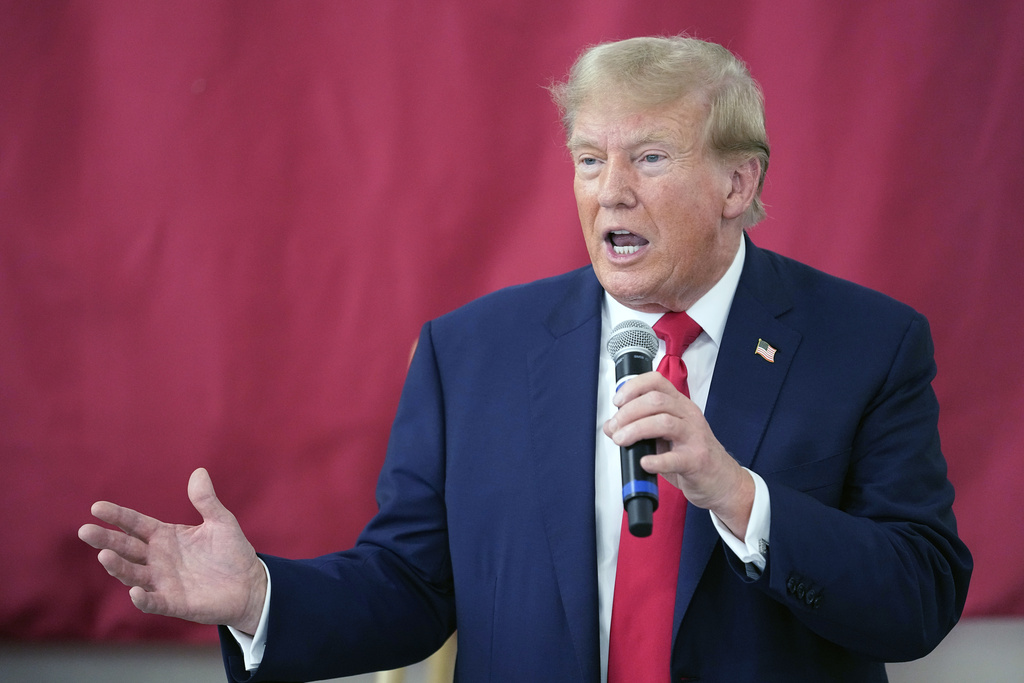





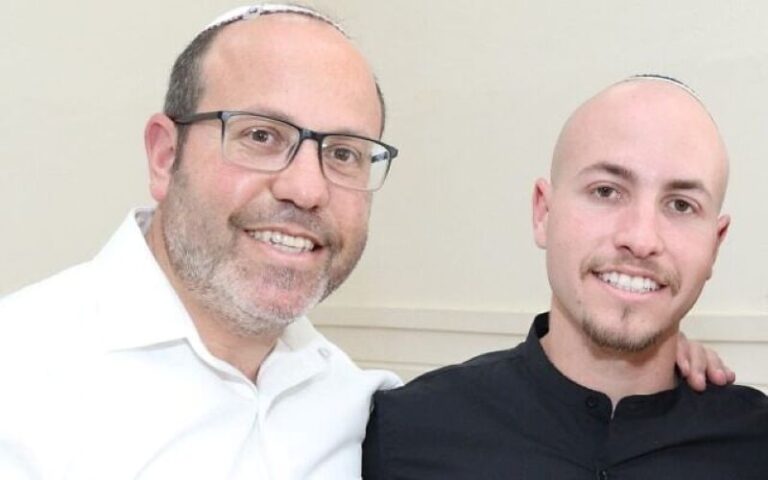
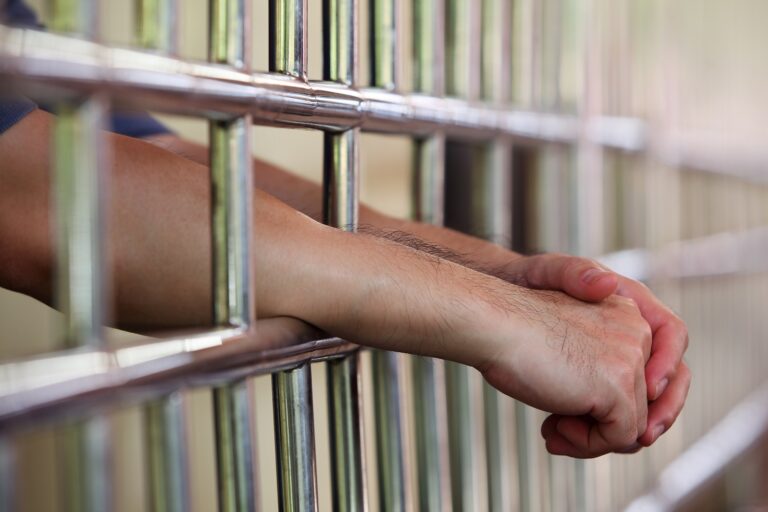
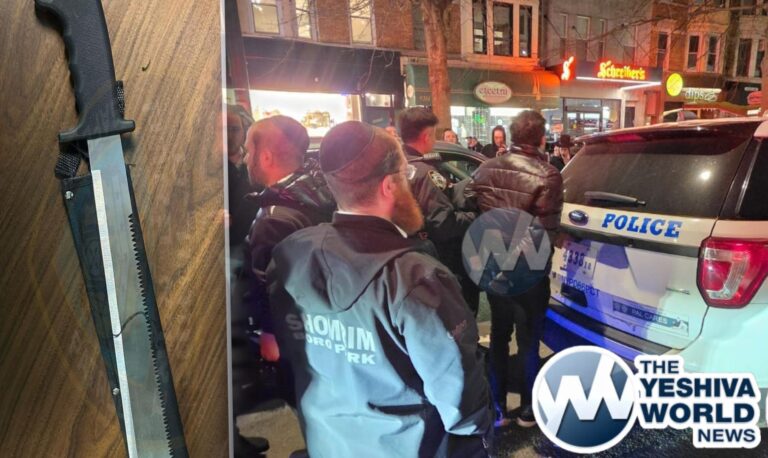
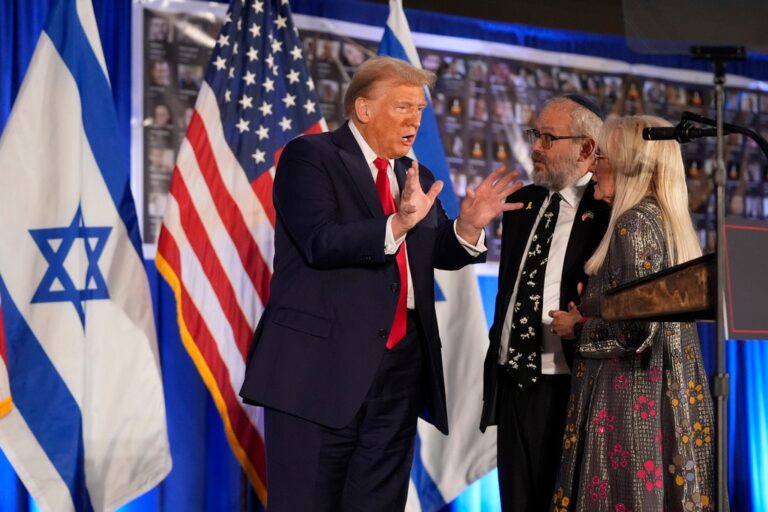

2 Responses
Under the well established principle of “innocent until proven guilty”, the prosecution has to prove that Trump believed he lost the election. None of his actions that are the basis of indictments would be illegal if in fact the election had been stolen.
The exit polls suggested he had won. Usually the exit polls overstate the Democrat’s votes, and in 2020 they showed a Republican win. The probable reason for the strange results is that exit polls reflect those voting on election day, and unlike past elections the Republicans were more likely to vote on election day, and the Democrats were more likely to use absentee ballots. The fact that the rules for use of absentee ballots were changed at the last minute, and the absentee ballots were overwhelmingly for Biden, is grounds in itself for suspicion (note that when foreign countries hold an election and the absentee ballots support one candidate overwhelming and contrary to in person voting results, the US announces that the results are suspect).
Trump’s confusion was he didn’t understand the impact of Covid-19 and the extent that paranoia about the disease impacted voting – but since Trump genuinely believed that, and since his actions would have been lawful had the election actually been stolen, he should not have been charged with a crime.
“Why should I have believed my own Attorney General, FBI Director, Head of the Office of CyberSecurity, Elections Office Director etc. etc. since I am a the real genius and expert on everything?” And all the 67 judges who rejected my claims that the election was stolen, including 44 Republicans, and 3 Republican Supreme Court Justices I appointed…they’re all Trump Haters and don’t know anything about election law